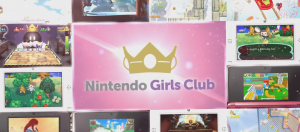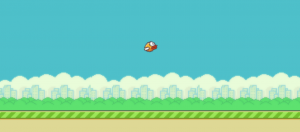The game doesn’t seem like something that would capture the hearts and fingers of millions of gamers, as it has no marketing, no story, no established IP, no viral hooks, no levels, no candy, no visual sophistication, no cross promotion and no achievements.
Leigh Alexander schreibt über “Addiction & Fame: How Flappy Bird is the App Store’s Grunge Moment“:
The recipe for Flappy Bird’s success is in many ways fairly standard for the Western indie game development: small and simple, yet sadistically challenging, with a borrowed retro aesthetic. Yet it seems the traditional development community wanted to “other” Nguyen
Das Othering von Entwickler Dong Nguyen greift auch Mattie Brice in “Our Flappy Dystopia” auf und stellt es in den Kontext des Kapitalismus:
I’m going to get right to it: any critique or reporting on games that doesn’t include an intersectional perspective on the presence of capitalism in games is incomplete. [...] The conversation of what is and isn’t a game is often, intentionally or not, used to assign value to already established gaming conventions that benefit the established system and marginalize works that do not look like it, and therefore threaten it.
Brendan Keogh schreibt “On Flappy Bird, Games Culture and the Problem with Innovation“:
I hate the notion of ‘innovation’ as some Holy Grail of game design. I don’t know when or where it entered the vocabularies of tech and games cultures, but I suspect it was smuggled in as a marketing buzzword through Californian start-ups, and now we are stuck with it. I hate this notion that the most important thing a new game should do is ‘innovate,’ that it should do something completely new.
Patrick Klepek konzentriert sich in “Our Internet Empathy Problem“ auf die Attacken gegen Nguyen:
Words are powerful, and people should be responsible for them. When we characterize threats as “idle,” we remove the individual from the equation. It’s victim blaming. It’s hard to imagine how Nguyen is to blame here. When the Internet turns on you, it’s hard to describe the emotional rollercoaster that goes along with it. You can’t exactly walk away from the Internet forever. While looking at a long list of abuse Tweets directed at Nguyen, it’s easy to distance yourself from it because, hey, it’s not you.






Siehe auch hier:
http://superlevel.de/w00t-zum-sonntag/drama-bird/
Ich hab irgendwie das Posten verplant, aber fertige Entwürfe wegwerfen ist ja auch blöd.